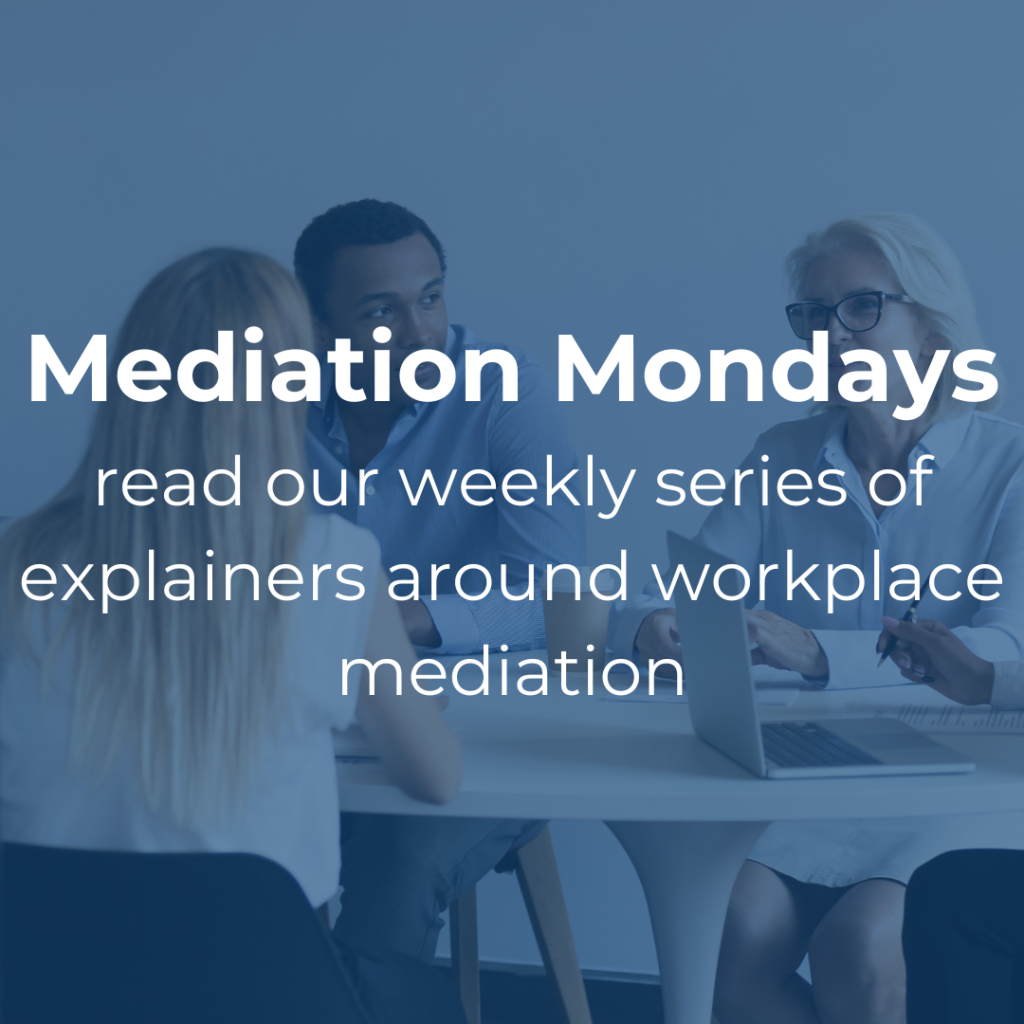
What is Conflict?
Conflict is a natural aspect of any organisation, but the key to minimising its negative impact lies in effective conflict management and resolution strategies.
Conflict is essentially a disagreement or difference in opinions among individuals, which can pose significant challenges to any organisation. In the workplace, conflicts often arise from clashing personal agendas, insights, or goals between individuals or teams.
Many people view conflict negatively, yet when managed effectively, conflict can serve as a catalyst for positive change. Proficient conflict management can transform disagreements into opportunities for team-building, critical thinking, and innovation.
Understanding conflict and mastering conflict resolution is an essential skill for leaders, directly influencing the success of their teams and the well-being of their employees.
Workplace conflict can emerge from various sources, including conflicting goals and competing priorities. Generally, conflicts can be categorised into two main groups:
Personality Conflicts or Individual Disagreements: These conflicts are usually fuelled by strong emotions such as stress, anger, and anxiety.
Substantive Conflicts: These conflicts are typically task-related, involving issues such as leadership decisions, team member performance, or resource allocation.
Mediation plays a crucial role in exploring the different types of conflict, understanding their causes, and achieving positive resolutions when disputes arise between co-workers.
The goal of conflict management is to resolve conflicts with outcomes that are positive, realistic, and beneficial for all parties involved.
It’s important to remember that conflict doesn’t always have to be combative. With the right approach, it can be redirected into a constructive force.
Key Takeaways for Effective Conflict Management:
1. Conflict Can Be Positive: Recognise that conflict, when managed well, can lead to positive outcomes and improvements.
2. Understand the Source of the Conflict: Identifying the root cause of conflict is essential in addressing and resolving it effectively.
3. Conflict Is Inevitable, Combat Is Optional: While conflicts are bound to occur, the way we handle them determines whether they become destructive or constructive.
If you need expert advice on managing workplace conflict, please contact us at 0333 888 1360 or complete our enquiry form.
Mediation Mondays – read our weekly series of explainers around workplace mediation







